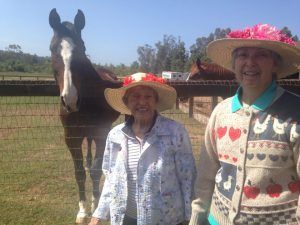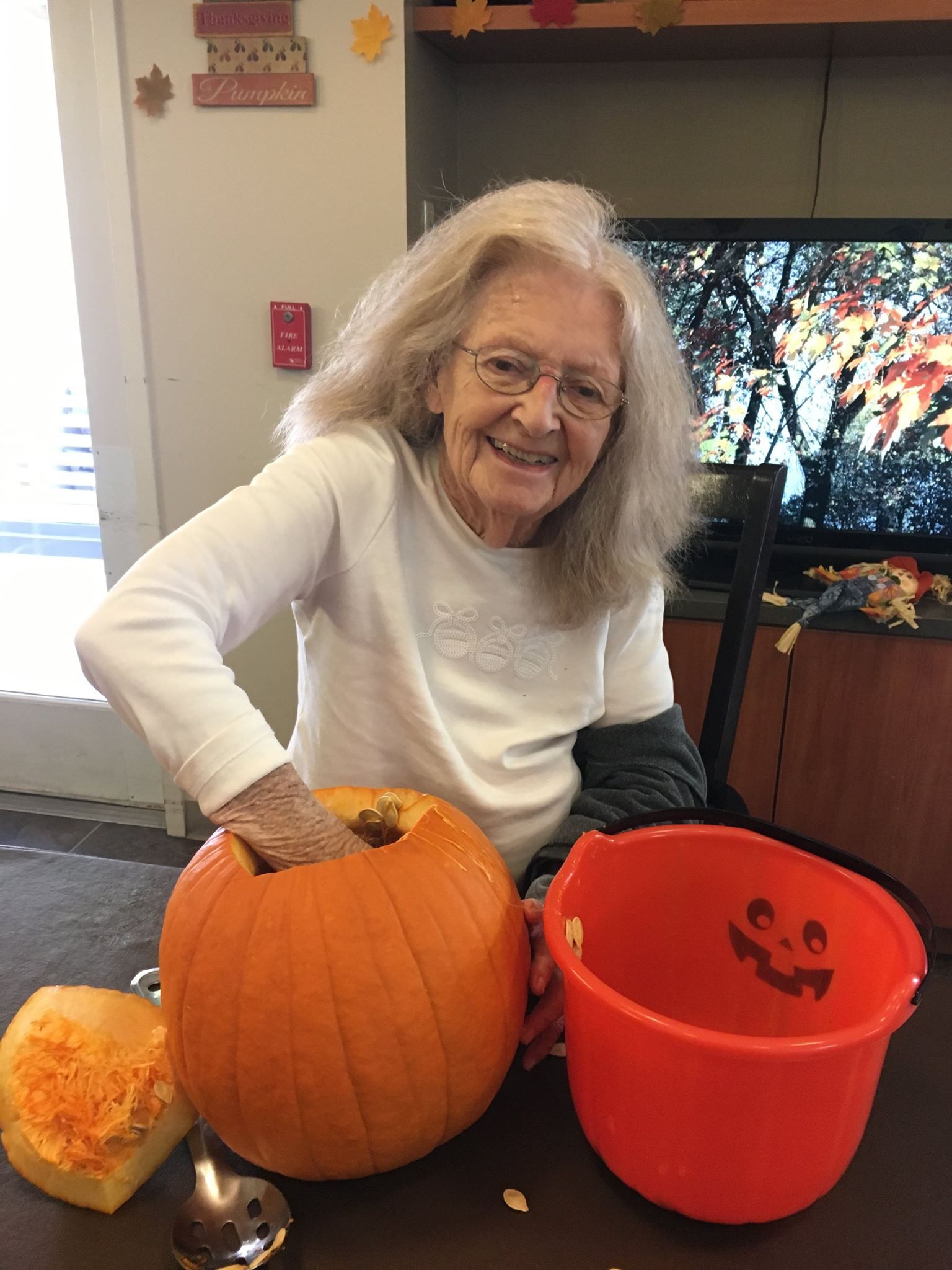
Sensory Stimulation in Memory Care
In memory care settings, where individuals often live with Alzheimer's disease or other forms of dementia, non-verbal communication and emotional well-being become central to caregiving. Sensory experiences—particularly touch, scent, sound, and visual cues—play a profound role in evoking memories, reducing agitation, and enhancing quality of life.
Scroll down to learn more about the benefits of sensory stimulation in memory care.
San Diego’s Top Memory Care and Senior Care Community
BayView Senior Assisted Living in Point Loma, California is one of the top assisted living facilities in the greater San Diego area. We’re known for our compassionate caregivers, beautiful grounds, and personalized, individualized care. We consider it an honor to walk alongside families as they traverse the challenging and heartbreaking journey of Alzheimer’s disease and dementia. We understand that our residents’ holistic experience of life (social, spiritual, emotional, mental, physical) is incredibly important. Our compassionate caregivers provide top-notch, individualized care to each of the members of our memory care communities.
Honoring the Whole Person
Integrating sensory experiences into memory care honors the whole person. It acknowledges that while cognitive abilities may decline, the capacity to feel, remember, and connect through the senses remains deeply intact.
- Touch is a powerful therapeutic tool. Simple gestures like holding a hand, giving a gentle massage, or offering textured items can provide reassurance and connection. Weighted blankets, soft fabrics, or familiar objects such as a favorite sweater can create a sense of comfort and security. For many individuals with dementia, especially those who may no longer be able to express their needs verbally, these tactile cues help ground them in the present and reduce feelings of fear or confusion.
- Sound, through music therapy, can unlock deeply buried memories. Familiar songs from a resident’s youth or cultural background often prompt singing, toe-tapping, or even moments of clarity and conversation.
- Visual stimuli, like old photographs, color therapy, or nature scenes, can orient individuals and stimulate recognition.
- Scent, perhaps more than any other sense, has a direct line to memory. The olfactory system connects closely to the limbic system, the brain’s emotional center. Scents such as lavender, rose, peppermint, or even the smell of baking bread can evoke vivid recollections of people, places, and experiences from the past. Aromatherapy is often used in memory care to calm agitation, especially in the evening hours when some individuals experience “sundowning.” Personalized scent kits that include fragrances linked to an individual's history, such as a specific cologne, perfume, or even the smell of a childhood home, can be especially effective.
Beyond touch and scent, other senses also contribute meaningfully. These sensory-based interventions can also reduce reliance on medications to manage behavioral symptoms. When used intentionally and consistently, they foster emotional safety and improve communication between caregivers and residents. For instance, incorporating familiar textures and scents into daily routines can reduce resistance to bathing or grooming.
BayView: Southern California Senior Assisted Living
We’re committed to holistic care that engages our residents on emotional, mental, and spiritual as well as physical levels.
Safe and Secure Senior Living Community with Hospice Accommodations
At BayView, we promote safety with a secured perimeter environment and trained staff available 24 hours a day, 7 days a week. Our beautiful assisted living home and surrounding grounds are equipped with surveillance cameras in all public and outdoor spaces. Our home and spacious grounds meet all ADA requirements including wide hallways, safety rails, shower chairs, and no lips or gaps at doorways. This allows for easy wheelchair and walker access, increasing ease of mobility for residents. We strive to provide compassionate, individualized care, preserving our residents’ dignity at every stage of their Alzheimer’s journey.



